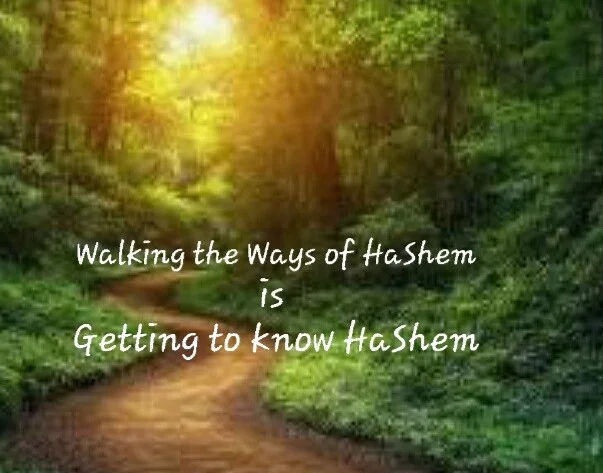Shabbat Vayigash
- WireNews

- Dec 9, 2021
- 3 min read
Genesis 44:18-47:27 - Yosef and Priests
by Rabbi Jeremy Rosen

When Pharaoh accepted Yosef’s interpretation of his dreams, Yosef was given the opportunity to prepare for the approaching catastrophe.
Having requisitioned the surplus grain during the seven good years, Yosef now heads a state monopoly. First, he sells grain for gold and silver. Then he takes their livestock. Finally, the people offer their lands and themselves as slaves to Pharaoh in exchange for food and he moves them away from their rural roots into the cities to work for Pharaoh. The first example, perhaps, of a feudal system.
Yosef however did not take away the land of the priests “Because they had a royal right enshrined in law to be maintained by Pharaoh (Exodus 47:22 ).” A sort of royal pension. Why not? In the ancient world, the priesthood did not just have a religious functionary role. It was also a powerful aristocracy, an administrative bureaucracy, as well as the equivalent of social welfare and educational systems. The priesthood was in effect the arm of the king in running the country. As indeed it was in almost all other societies until modernity.
The reason Joseph did not take over their lands might have been because he needed allies. Just as medieval kings, couldn't always do what they wanted to with the barons and the other rich landowners of their regimes. They had to accommodate and make concessions. So too Joseph in Egypt, even if it was an autocratic state and the monarch was divine, had to make political concessions because he needed their services to run the land. It might also have been because he felt it politic to support the State Religion.
The Torah’s attitude to priests was very different from that of the Egyptians and the Mesopotamians. The Torah wanted everyone to have the status of priests, as it says, “ You will be a nation of priests”(Exodus 19:6). Originally, the firstborn of every family was intended to be responsible for the functions of the priests both religious and civil. But then Moses appointed Aaron to establish the priesthood which turned into a hereditary aristocracy. and they too had responsibility for education and welfare. Even so, the Torah wanted to dilute their power and forbade the priests from owning tribal lands, unlike the Egyptians.
If the aim was to control their lust for wealth and power, it signally failed. Throughout the two kingdoms and two temples, the priesthood more often than not was greedy, corrupt, and failed in its mission ( with notable exceptions of course). Only occasionally did it offer spiritual leadership. With the destruction of the Second Temple, it lost its raison d’etre even if we nowadays maintain a vestige of priestly customs in memory of the historical priesthood. Perhaps the message is that a meritocracy is preferable to an aristocracy. Even if meritocracies can also be misused.
But there's another aspect to this whole Egyptian saga that intrigues me. Why was Yosef written out of Egyptian history so that a later king did not even know who he was? Was it because we don’t always appreciate our benefactors and often try to avoid remembering our debts? Perhaps it was a Marxist critique of capitalism, and the masses resented Yosef for exploiting them for Pharaoh if not for himself? Was it envy or prejudice because he was an outsider and had overcome adversity? Or was it an early form of antisemitism and nothing has changed over the thousands of years since?
Shabbat Shalom
Jeremy
###
Jeremy Rosen was born in Manchester, England, the eldest son of Rabbi Kopul Rosen and Bella Rosen. Rosen's thinking was strongly influenced by his father, who rejected fundamentalist and obscurantist approaches in favour of being open to the best the secular world has to offer while remaining committed to religious life. He was first educated at Carmel College, the school his father had founded based on this philosophical orientation. At his father's direction, Rosen also studied at Be'er Yaakov Yeshiva in Israel (1957–1958 and 1960). He then went on to Merkaz Harav Kook (1961), and Mir Yeshiva (1965–1968) in Jerusalem, where he received semicha from Rabbi Chaim Leib Shmuelevitz in addition to Rabbi Dovid Povarsky of Ponevezh and Rabbi Moshe Shmuel Shapiro of Yeshivat Be'er Ya'akov. In between Rosen attended Cambridge University (1962–1965), graduating with a degree in Moral Sciences.








